First Time Dealing With A Boil on the Private Area in Females: Here Are 6 Things Women Should Do!
A painful boil on your private area can be pretty troublesome. So here’s a comprehensive guide to help you manage this seldom-discussed women’s problem effectively.
On Oct 26, 2023 – 11 minutes read

A boil on private area female can be downright painful and irritating. Call it a vaginal boil, Bartholin’s cyst, a furuncle, or a skin abscess; these pus-filled bumps grow under the skin of your pubic region. These boils can also appear in clusters (known as a carbuncle), creating a distinct area of infection. Initially, you will notice them as tiny bumps, but they can grow quite large in just a few days.
Experiencing vaginal boil discomfort and itching before periods can be distressing, and it’s important to consult a healthcare professional for a proper evaluation and treatment. Want to know more? Stay with us as we uncover more on this not-so-pleasing women’s health concern.
What Is A Boil On Private Area Female?
Boils on a private area of a female are benign, pus-filled bumps that appear on the labia, the vulva, or the area covered by pubic hair. These bumps can also pop out in the groin between the folds of the skin.

Also called vaginal boils, these bumps are a result of a bacterial infection of the hair follicles in the pubic region. A bacteria named Staphylococcus aureus is the culprit in most cases.
While boils in the private area of a female can be utterly painful and uncomfortable, these are usually not serious and tend to get better on their own in a few weeks. However, if the pain is bothering you or you have any concerns, feel free to reach out to your healthcare provider.
Another benefit of visiting your provider is that they will be able to tell if it’s a boil or a cyst that’s bothering you. Though the two look similar, boils are a result of bacterial or fungal infections and are contagious, whereas cysts are not. Furthermore, boils are painful and grow quickly, whereas cysts are generally painless and slow-growing in nature.
What Does A Boil On Private Area Female Look Like?
In the beginning, a boil in your private part will look like a tiny red bump. This bump will eventually turn into a white or yellow pus-filled spot and will grow in size, sometimes as large as a walnut or a golf ball! You will also notice inflammation to some extent, due to which the spot will feel warm and will hurt when you touch it. Some women occasionally get a pimple on the labia.
How Common Are Vaginal Boils?
Vaginal boils are a common thing among women(1). It all starts with skin irritation. Then, moisture, coupled with the naturally residing bacteria in the pubic area, easily infects the hair follicles and leads to the formation of boils in the vaginal region.
Boils On Private Area Female: Symptoms
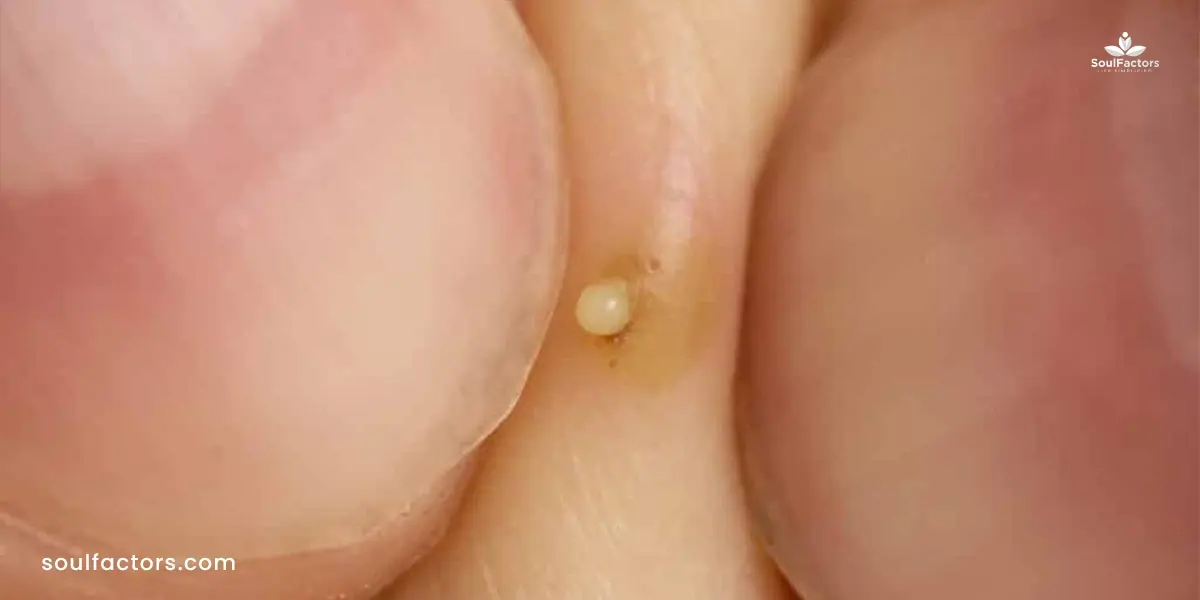
When a woman has a boil in her private area, she will likely experience the following symptoms:
- Pinkish-red bump
- Pain and swelling in the affected area
- Bump filled with white or yellow pus
- Pus may ooze out of the bump
- Formation of a thick crust on the center of the bump
Most of the time, a boil on private area female comes with only the above-mentioned symptoms. But in case you also develop a fever or feel unwell, you should seek your doctor’s advice.
Causes Of Boil On Private Area Female
Staphylococcus aureus is a bacterial strain that usually causes boils in humans. These bacteria are typically found on the skin of the armpits, the area between the legs, and inside the nostrils. When the skin develops a small cut, the bacteria get a chance to cross the skin’s barrier and infect the roots of hair follicles, causing what we know as boils.
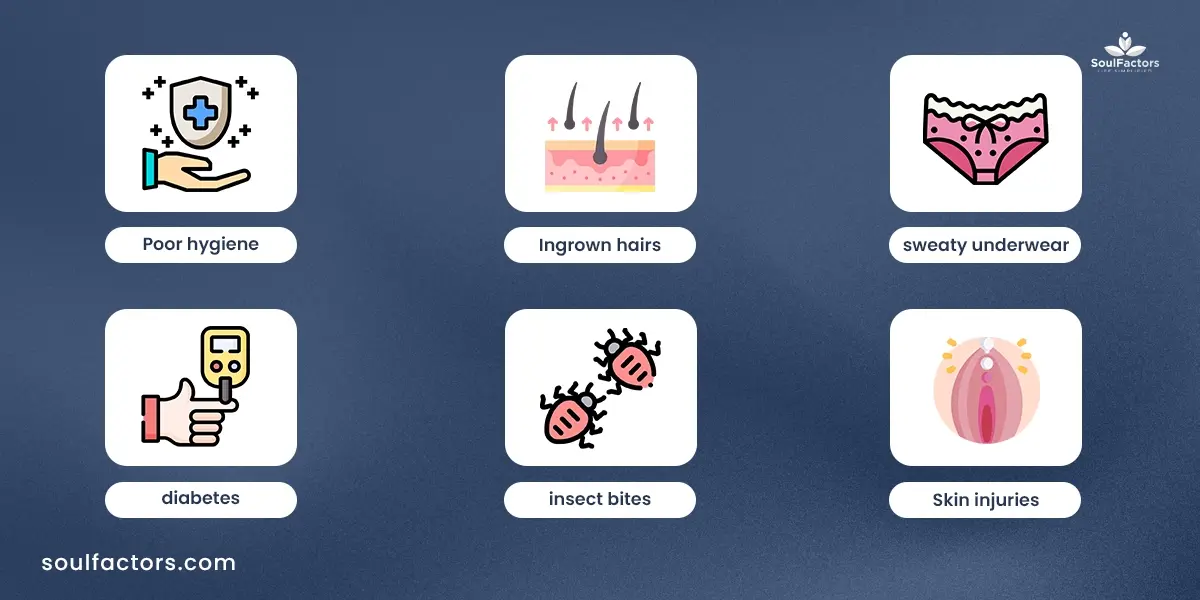
Other triggers that cause the development of boil on the private area of females are:
- Poor hygiene
- Ingrown hairs due to waxing or shaving
- Wearing tight-fitting, dirty, or sweaty underwear
- Having a weak immune system
- Chronic health conditions like diabetes
- Having bulky skin folds due to excess weight
- Skin injuries in the pubic region or insect bites
For many women, a boil in the private part is a once-in-a-while affair. Then others keep getting vaginal boils recurrently. We understand how upsetting and uncomfortable it must be to deal with them time and again.
So make sure you maintain good hygiene. Replace your old razor regularly, and employ correct shaving techniques. For example, shaving in the direction of hair growth minimizes your chances of getting boils in the future.
How Do You Tell If You Have A Boil On Private Area?
A red pus-filled bump on your private area is most likely a boil if it hurts when you touch it. But if you want the exact diagnosis, make sure to visit your provider.
Your doctor will be the best person to tell you if it’s a boil bothering you down there. You will have a quick physical exam so they can check the infected area. No, your doctor won’t run any tests on you for a vaginal boil unless your problem is recurrent.
In such cases, you might be tested for the type of bacteria causing the infection. A sample of drainage will be collected from the infected bump, and based on the results, relevant antibiotics will be prescribed. Your doctor may also have you tested for STIs to rule out the possibility of sexually transmitted infections.
Are Vaginal Boils Contagious?
Yes. As vaginal boils are caused by bacteria and fungi, it is possible to spread the infection from one person to another. To be on the safe side, you must practice hygiene and refrain from sexual activity until the boil has healed. Here are some proactive measures you can take to prevent the infection from spreading:
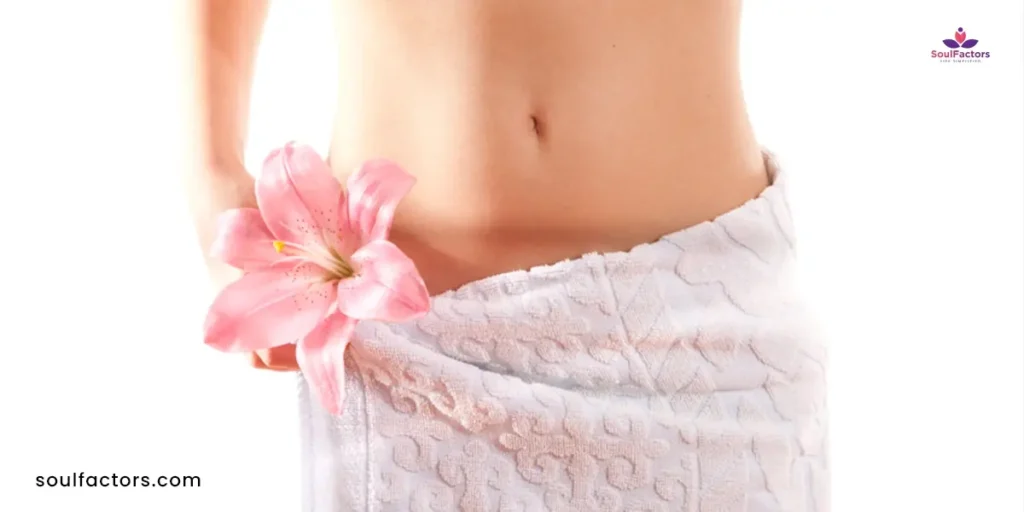
- Keep the area dry as much as possible.
- Always wash your hands before and after you touch the boil.
- Clean the area frequently if pus begins to ooze out of the boil.
- Don’t share your items like towels and clothing with other people, and resume only after the boil has healed.
Boils On Private Area Female: Treatment Options
Most often, a vaginal boil does not require medical intervention. This means you can easily manage the pain and discomfort by following easy home remedies. However, severe cases call for medical treatment by a registered healthcare professional. Your provider will use one or both treatment options if you have a case of severe vaginal boil:
1. Your doctor will drain the pus out of the boil.
A boil starts healing only when the pus drains out. In severe cases, when the boil becomes large and extremely painful, your doctor will use a sterile medical instrument to make a small cut on the boil. This will drain the pus and speed up the healing process.
That said, never try this at home, and leave it to your doctor if you don’t wish to aggravate the problem further.
2. Your doctor will prescribe an antibiotic.
Antibiotics are often prescribed to people who deal with recurrent vaginal boils. You will also get a dose of antibiotics if your boil is severe or you have had your boil drained at your doctor’s clinic. This will help curb bacterial growth and reduce the chances of developing a secondary infection.
Complications Of A Vaginal Boil
Although rare, there is a possibility of developing complications due to a vaginal boil.
For example, it can lead to cellulitis, a severe skin infection that primarily happens when bacteria finds its way across the skin barrier through cuts or lesions. Bacteria from the boil can also get into the bloodstream and may cause infection in far-situated body parts like the brain and heart. Plus, there is a risk of scarring in women who frequently get boils in their private areas.
Therefore, you must avoid popping or squeezing a boil at all costs, regardless of your strong urge to do it.
Home Remedies For Boil On Private Area Female
There are simple techniques that you can try at home to see if the boil will clear up in a few days.
1. Cover the vaginal boil with a moist and warm washcloth.
Do this for ten minutes, 3–4 times a day, to promote healing. The warmth from the washcloth will increase blood circulation to the area and facilitate the drainage of pus out of the boil.
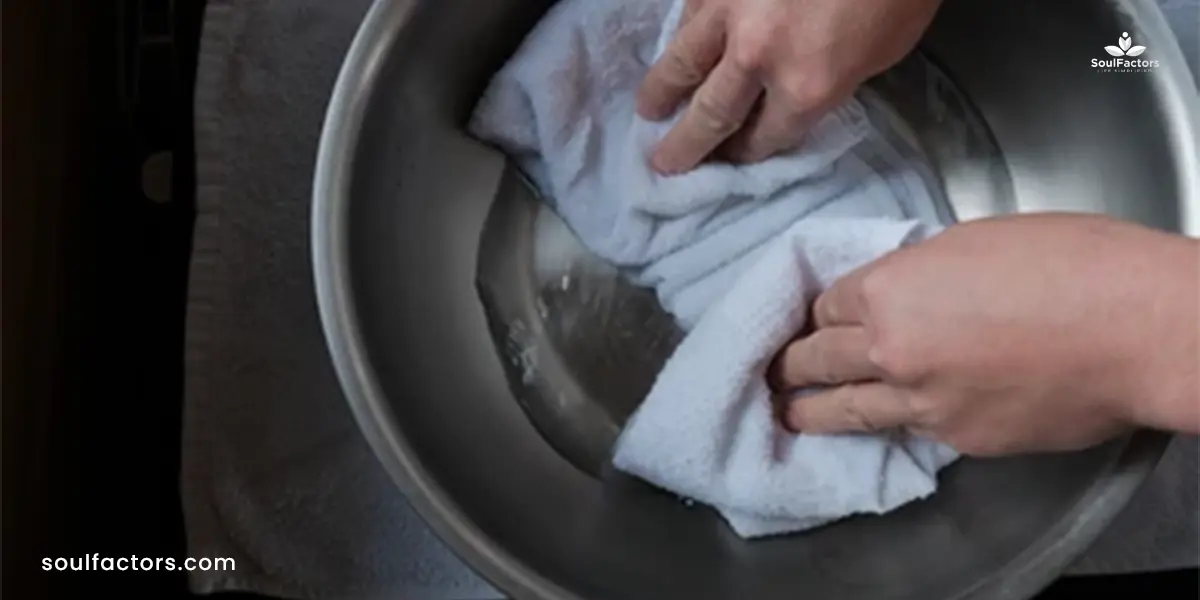
2. Relax in a warm bath.
Fill the bathtub with warm water and sit in the relaxing bath for some time. The warm water will do the same trick as the moist washcloth, promoting blood flow in the affected area and assisting healing.
3. Keep the area clean and covered.
Use lukewarm water and a mild soap or cleanser to clean the infected area. After you pat dry the area with a soft towel, use sterile gauze or a bandage to cover the area and keep it protected.
4. Ditch satin fabric and wear breathable cotton underwear.

Cotton fabric is breathable, allowing air circulation and facilitating evaporation of moisture. That is why cotton clothes feel so comfortable. Wearing cotton undies that are not too tight will maintain airflow around your privates and keep the area dry, subsequently allowing the boil to heal.
5. Don’t indulge in sex.
Having sex can irritate the boil and the area around it. This can increase the time required to heal and can also aggravate the problem. Plus, you can also pass on the infection to your partner. So, it’s better to avoid sex until you have this issue sorted out.
6. Get yourself an OTC pain reliever.
Over-the-counter (OTC) pain medications are quite effective in easing the pain and inflammation associated with a vaginal boil. Consult your local pharmacist to know which OTC pain reliever will suit you best and the dosage you will need. You can also read the dosage chart on the package and take the medication accordingly.
How Can You Prevent Getting Vaginal Boils?
While it is not entirely in your control to avoid vaginal boils, there are a few things you can do regularly to steer clear of them:
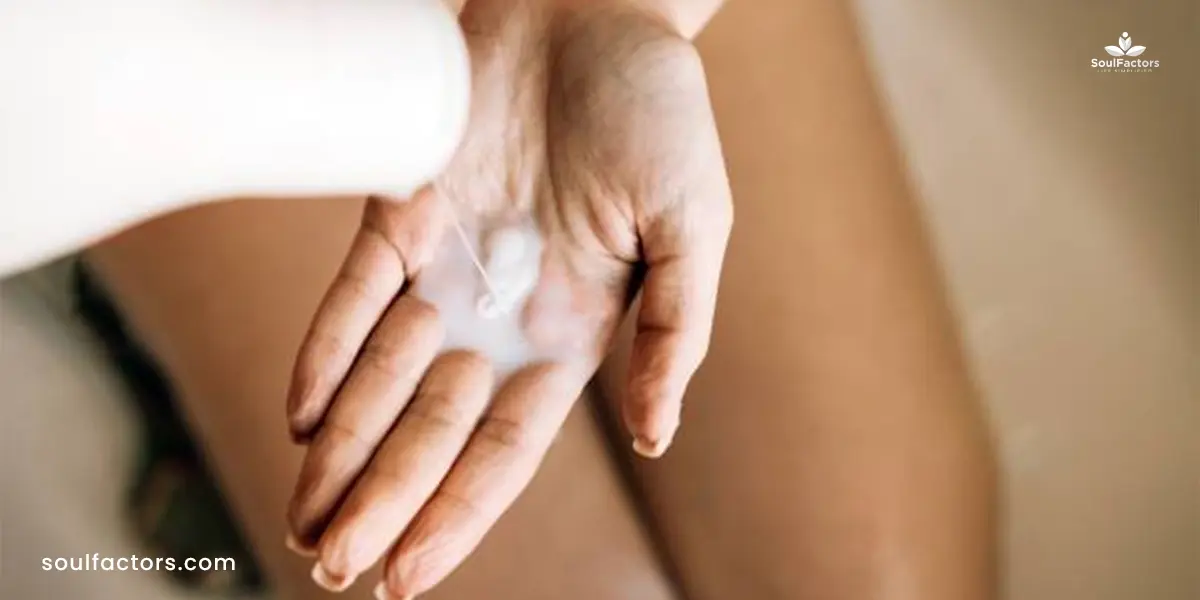
- Take a shower every day and use an antibacterial soap to wash your pubic area to reduce the bacterial load.
- Wear fresh underwear every day and replace it with a new one post-workout.
- Keep your hands clean by washing them often with soap and water.
- Cut your nails short and keep them clean.
- Replace your old razor with a new one as frequently as possible if you’re into shaving pubic hair.
- Keep your soap and towels separate. Try not to share someone else’s items.
- Pick breathable cotton underwear over those made of other fabrics.
- Skip using soaps and powders with added fragrance as these can irritate the skin and elevate the chances of developing a boil.
How Long Does It Take A Boil On Private Area Female To Heal Itself?
Normally, it takes around 1 to 3 weeks for a boil to heal itself. This is just an estimate, as every boil will take its own time to develop, drain, and heal.
The best way to speed up the healing process is to use a warm compress on the affected area. For a faster solution, talk to your doctor about antibiotics. Though not always recommended, your doctor will prescribe you a dose if he thinks it will help you in recovery.
Boil On Private Area Female: When Should You See A Healthcare Provider?
A few symptoms warrant a quick trip to your healthcare provider. See your provider if:
- Your boil is not getting better, even when you have tried home remedies for a few days.
- The bump is getting bigger, and you’re experiencing a lot of pain.
- It’s been two weeks, and the boil is still there.
- You have developed multiple boils at a time.
- Getting boils in your private area has become a regular thing.
- Your lymph nodes appear swollen, and you have an elevated body temperature.
- You are a person with a higher risk for infection, i.e., you have diabetes or a weak immune system.
FAQ
There is no set time frame for how long a vaginal boil will last. However, you can expect it to heal within 1–3 weeks.
Many women with a genetic condition known as Hidradenitis suppurativa get period-related boils. If you are one of them, you may face this problem, which is also triggered by smoking, stress, and tight clothing.
The best way to treat a boil at home is to apply a moist and warm compress to the affected area 3–4 times daily. When the boil ruptures, you can use a loose gauze bandage to wrap the area so it remains clean, dry, and protected until it heals completely.
Never squeeze a boil near your vagina. Doing so can cause scarring and spread the infection in your body.
If you’re pregnant and have developed a vaginal boil, you can still follow the regular at-home treatment of applying a warm and moist compress a few times a day. This will encourage the pus to drain out of the boil and heal eventually. For any concerns, speak with your doctor!
It is best to avoid sex when you have a boil near your vagina because friction can irritate and worsen the boil. And because boils are an infection, your partner will be at risk of developing the same post-sexual activity.
Final Words
A boil on private area female is like an unwanted guest who is painfully annoying and refuses to leave for weeks! The good part is that most boils are not a serious health concern, and they do get better with a few at-home remedies.
Are you dealing with this problem at the moment? Try the home remedies suggested above and keep an eye on the pesky boil. If you feel the pain is worsening or you notice an increase in its size, take it as a sign to fix the next available appointment at your doctor’s clinic.

Subscribe to Newsletter
Elevate your routine, stay on trend, and embrace a personalized beauty journey with our curated insights.
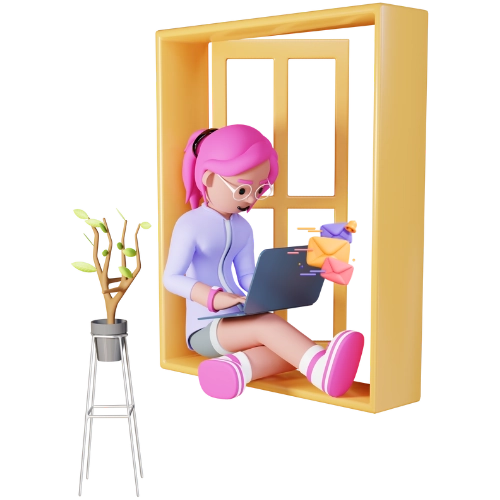
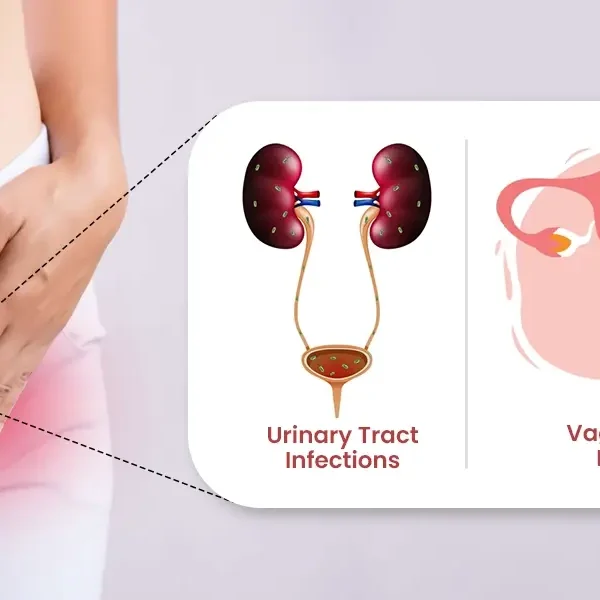
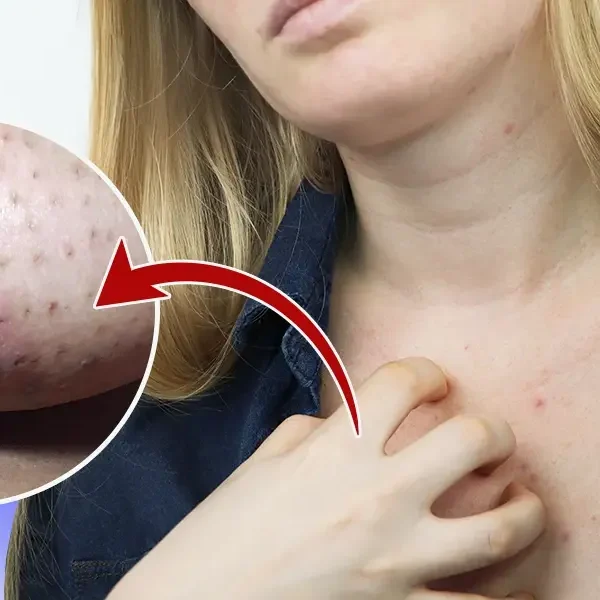

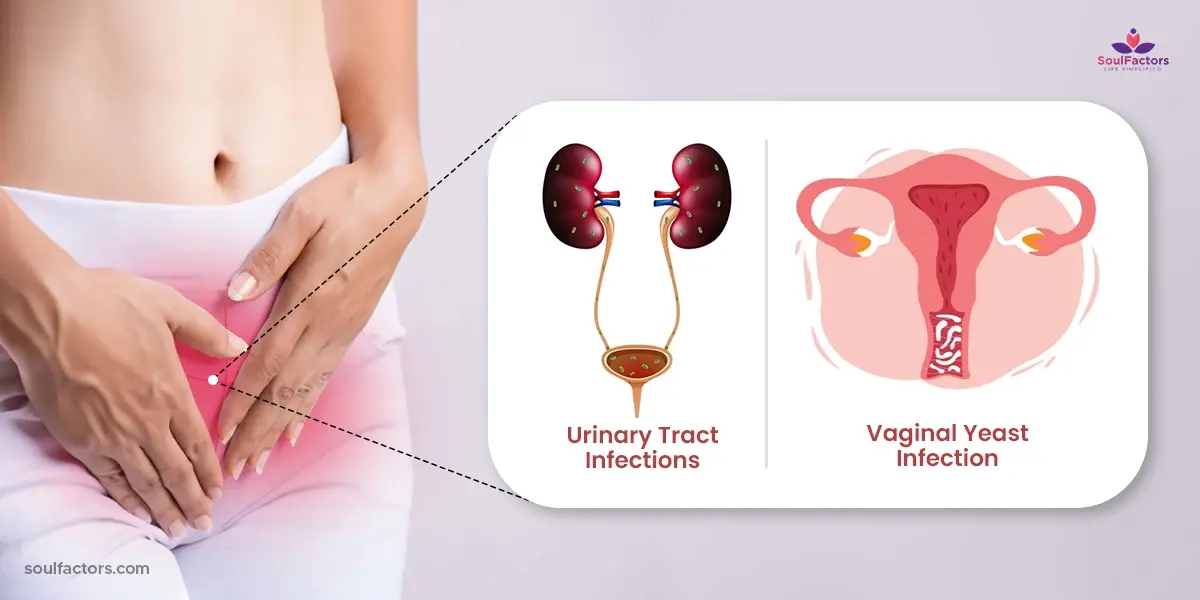
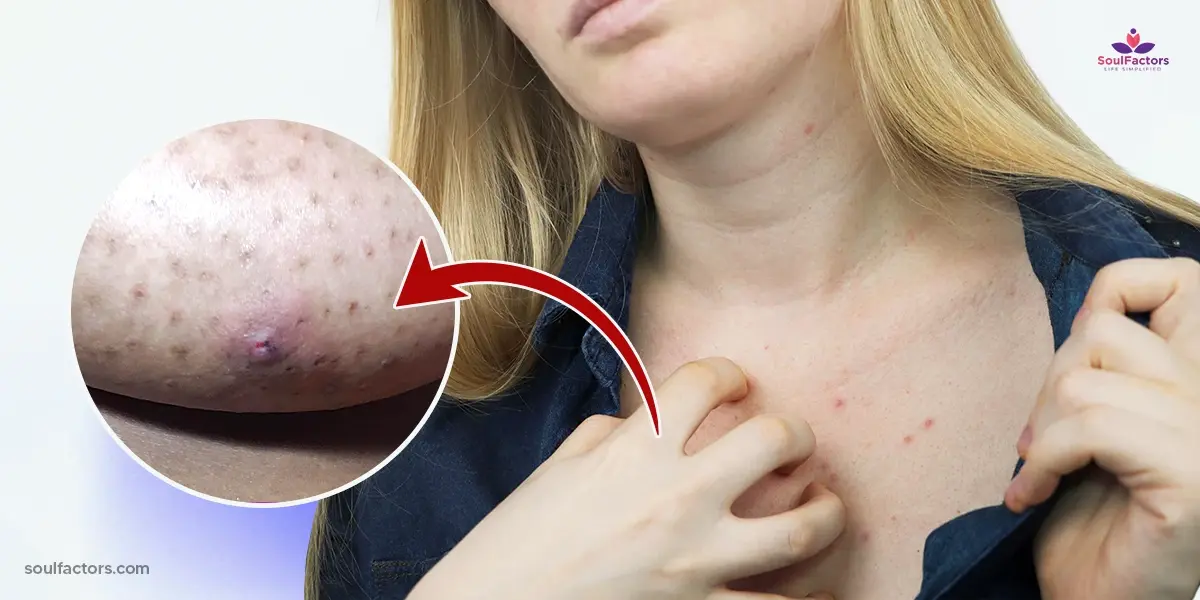
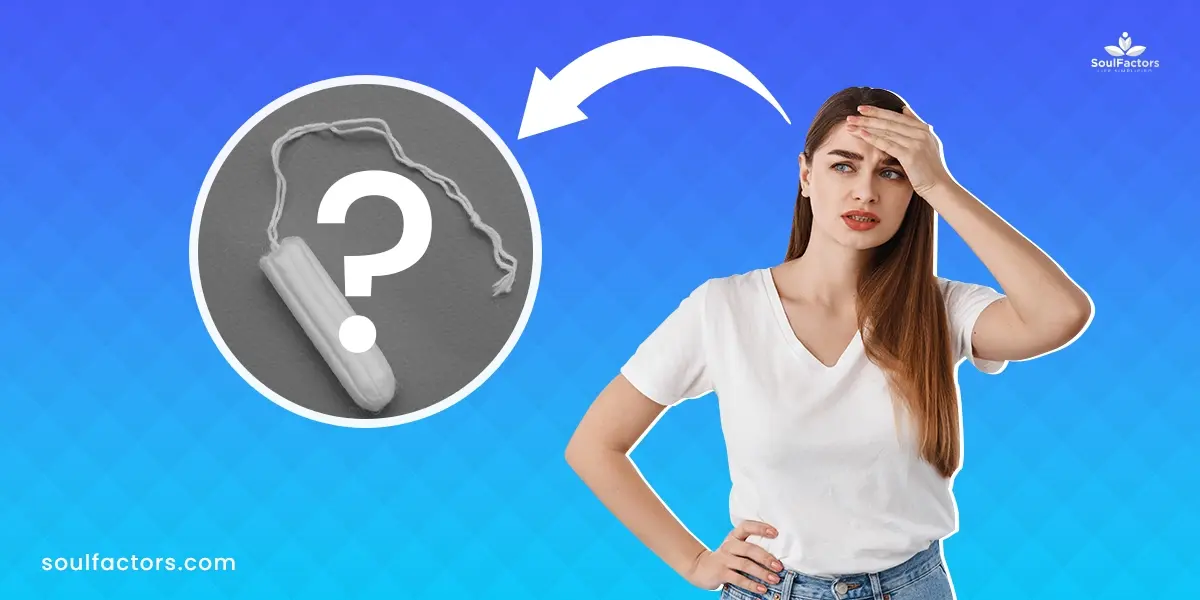
Write a Comment